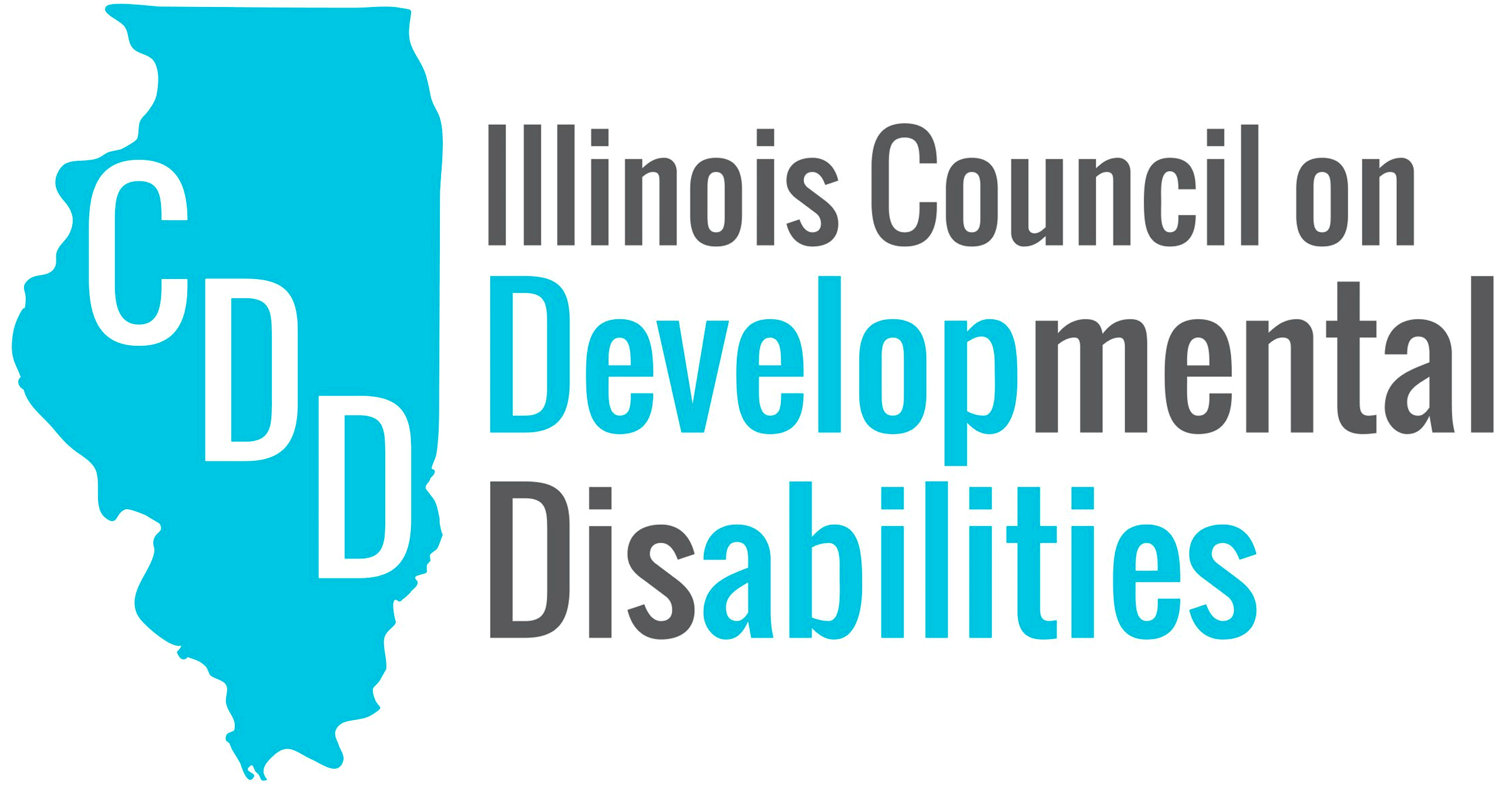Become a Council Member
The Council works to ensure that its membership reflects the cultural, socio-economic and geographical diversity of the State. Therefore, we encourage applications from individuals from racial and ethnic minority backgrounds and those living in underserved areas of the state (rural or urban).
Application Requirements
You can apply online by following the below two steps:
Step 1 --- Complete the ICDD Membership Application. A staff member will follow-up with you.
Council members are appointed by the Governor; therefore, you must also submit an application for membership via the Governor’s Boards & Councils Nomination Website in order to officially be considered for membership.
Step 2 --- Complete the State of Illinois Appointments Application Page and submit all requested information.
Responsibilities of Members
Expected
- Attend Council meetings, five (5) times a year. The meetings are typically in the Council's Springfield Illinois office.
- Participate on a Council and/or Ad Hoc Committee which meet Throughout the year. Some of these Meetings require inperson attendance, while other meetings may be conducted via conference call.
- Participate in ongoing orientation and training sessions held during regularly scheduled Council meeting times.
- Prepare for Council and Committee meetings by reading the agendas and supporting material prior to meeting date.
- Advocate for Council’s mission and philosophy rooted in the Developmental Disabilities Bill of Rights Act.
- Participate in the grant/investment process. This is typically done in conjunction with the standing committees.
Voluntary
- Serve on various Council Ad Hoc groups.
- Represent Council at selected state or local events.
- Provide information to legislators, federal and state.
- Share information between Council and other organizations, as appropriate.
- Serve on groups external to Council.
Council Member Representation
Council member representation is specified by federal Public Law 106-402 and by Illinois Law – The Illinois Council on Developmental Disabilities Law
Members appointed by the Governor must meet the requirements of one of the following categories:
- An individual with a developmental disability
- Parent or guardian of a child with a developmental disability
- An immediate relative or guardian of an adult with a developmental disability who cannot advocate for himself/herself
- An individual with a developmental disability who resides or previously resided in an institution or an immediate relative or guardian of an institutionalized or previously institutionalized individual with a developmental disability.
- A representative of a local agency, nongovernmental agency or private nonprofit group concerned with services for individuals with developmental disabilities.
What is a Developmental Disability?
PLEASE REVIEW TO CONFIRM YOU QUALIFY USING THE FEDERAL DEFINITION OF DD
The term “developmental disability” means a severe, chronic disability of a person five years of age or older which
is attributable to mental or physical impairment or a combination of mental and physical impairments;
is manifested before the person attains age twenty-two;
is attributable to mental or physical impairment or a combination of mental and physical impairments;
is manifested before the person attains age twenty-two;
is likely to continue indefinitely;
results is substantial functional limitations in three or more of the following areas of major life activity:
- self care.
- receptive and expressive language.
- learning.
- mobility.
- self-direction.
- capacity for independent living, and
- economic self-sufficiency; and
reflects the person’s needs for a combination and sequence of special interdisciplinary, or generic care, treatment, or other services which are lifelong or extended duration and are individually planned and coordinated; except that such term when applied to infants and young children means individuals from birth to age 5, inclusive, who have substantial developmental disability or specific congenital or acquired conditions with a high probability of resulting in developmental disabilities if services are not provided.
Source: Developmental Disabilities Assistance and Bill of Rights Act of 2000 (P.L. 106-402)

